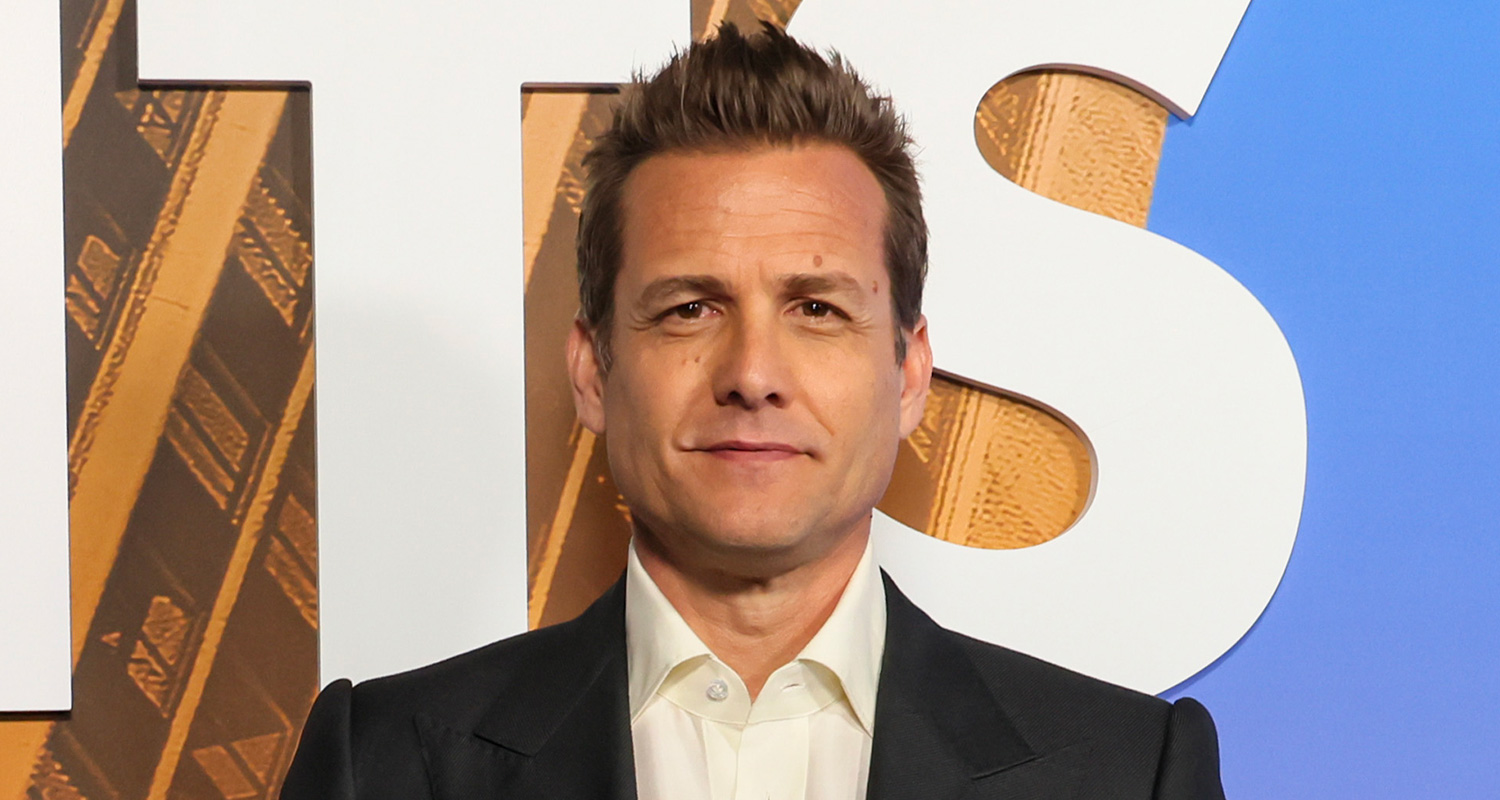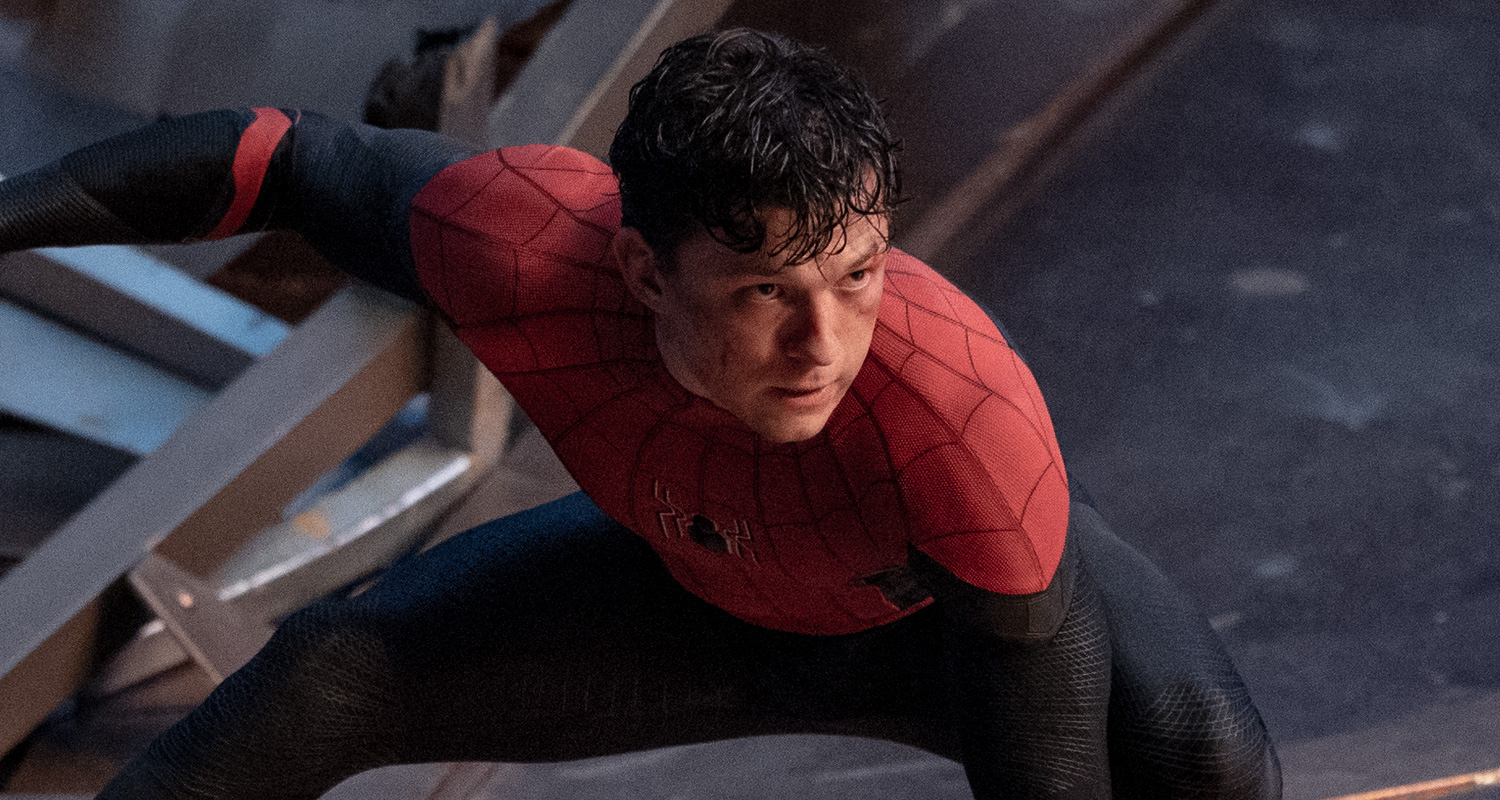ARTICLE AD
ABC announced Thursday that the upcoming seventh season of The Good Doctor will be its last. The medical drama starring Freddie Highmore will be one of several popular, long-running scripted series that will be ending this year, along with ABC’s Station 19, CBS’ Young Sheldon, Blue Bloods and S.W.A.T. as well as the CBS/Paramount+ SEAL Team. All but one, stalwart Blue Bloods, debuted during the 2017-2018 broadcast season and will end their runs after seven seasons.
Also introduced in 2017-18 were 9-1-1, which is moving from Fox to ABC for Season 7, and The Resident which wrapped its Fox run after 6 seasons. That gives the class of 2017-18 seven scripted series that ran for at least six seasons, with six of them making it to seven.
Given the contraction in the linear TV business due to declining viewership and increased financial pressure, that is a feat that will likely never be repeated. Television is a numbers game, and fewer series orders would yield fewer hits. Traditional media companies’ strong balance sheet focus would then likely cut short the runs of some of those hits.
The volume of cancellations of popular, well established series, is alarming, and some of them, like The Good Doctor, Station 19 — as well as S.W.A.T. before the reversal with a Season 7 pickup — were surprising and felt somewhat premature.
To make things worse, fans will get abbreviated final chapters of their favorite shows due to the double Hollywood strike, with most last seasons consisting of 10 episodes. (Young Sheldon is a major exception with a 14-episode final season; Blue Bloods will produce 18 episodes split into two parts.)
Only two of the seven 2017-18 series that got to six seasons were spinoffs of established series, The Big Bang Theory prequel Young Sheldon and Grey’s Anatomy spinoff Station 19. That also likely won’t be repeated as networks increasingly bet on offshoots from existing franchises or reboots of well known IP to limit financial risk and get a leg-up in awareness and marketing.
“It’s all about money, y’all”
“A lot of it comes down to budgets for most series,” one source said about the string of cancellations.
Traditionally, at the latter stage of a series’ run, networks have to pay “full freight” the cost of production, something nets in the current business environment have been successfully pushing back on and rarely do. That makes series in Season 6 and beyond expensive to license for networks but also sometimes expensive for studios to continue to deficit.
Additionally, the typical series regular actor contracts are for six years — often extended to seven in a salary negotiation after Season 2 or 4 — so many shows are faced with having to make new cast deals after Season 7 that come with talent expectations for major salary increases.
While cost-cutting is a common thread across every cancellation decision, several industry observers stressed that there are unique circumstances to each long-running show’s demise.
Ratings performance used to make or break a linear series. That no longer is the case with all veteran broadcast series ending this season ranking in the Top 40 most watched entertainment programs on network TV last season (Blue Bloods and Young Sheldon were in the Top 4).
As S.W.A.T. star Shemar Moore put it in his reaction to the series’ cancellation before it got a Season 7 reprieve, “It’s all about money, y’all.”
The role of vertical integration
Young Sheldon is produced by an outside studio, Warner Bros. TV, and The Good Doctor and S.W.A.T. are Sony TV co-productions with ABC Signature or CBS Studios, respectively.
For not owned (or not wholly owned series), “networks are getting to a place where they have to decide, are ad dollars worth the license fee?,” one industry insider said, referring to the fact that non-owned shows are largely “leased” by a network, with the studio owning revenue-generating downstream rights.
With a hit like Young Sheldon — the most watched comedy on broadcast TV and third most watched non-sports program overall — the answer may be yes, even seven seasons in. But as a prequel to The Big Bang Theory, Young Sheldon has been inching closer to the events in the mothership series, and the producers used the most-recent three-season renewal to map out a satisfying conclusion.
While I hear more Young Sheldon wasn’t really up for discussion between the network and studio, CBS got the next best thing, a Young Sheldon successor for next season in the form of a spinoff series centered on the characters of Georgie and Mandy. It will be multi-camera, coming in at a lower cost than Young Sheldon, which was single-camera.
The Good Doctor‘s cancellation has been somewhat of a head-scratcher for industry types. The medical drama has done well, ranking as the #1 entertainment series in the 10 PM hour last season among Adults 18-49.
I hear Highmore’s contract was up at the end of the upcoming seventh season, and new deals had to be made with him and the series’ showrunners but it never got to that point. According to sources, Sony TV had expressed willingness to make a deal if more cuts were needed, including a reduced Season 8 order. (With strong international sales on shows like The Good Doctor or S.W.A.T., outside studios like Sony TV have been able to absorb network license fee reductions and still keep the series profitable.)
I hear Highmore had not been formally approached about a new deal prior to ABC making the decision not to pursue an eighth season of The Good Doctor but he had been open to continuing on the show, which films in Vancouver. The Canadian location has helped keep costs under control, along with the fact that only Highmore and Richard Schiff from the original series regular cast are still on the show.
Creating lean broadcast schedules
According to sources, in the end it came down to ABC wanting to save money in a push for an economical schedule balancing scripted fare with reality and live sports. (ABC was the one broadcast network that bet almost exclusively on unscripted for its strike-impacted fall lineup and did well with The Golden Bachelor and Dancing With the Stars.)
That also appears to be the main reason behind Station 19‘s cancellation. Both times, I hear the decision came as a sort of foregone conclusion from the network, whose executives felt that the shows had run their course.
For Station 19, there is some additional caveat. The Grey’s Anatomy spinoff is owned by ABC parent Disney (via ABC Signature), and it also has done well in the ratings, especially when it was paired with Grey’s Anatomy over the past three seasons, participating in frequent crossovers.
Additionally, I hear the original cast, led by Jaina Lee Ortiz, already had deals in place for next season, which eliminated the need for talent negotiations, and they had agreed to reasonable raises during the most recent renegotiations in part to boost the series’ longevity chances.
There was some behind-the-scenes drama on Station 19 involving racial issues, which led to a head writer change in 2022, and the series got new showrunners last year, but the mothership Grey’s Anatomy also faced a controversy, with a longtime writer-producer sidelined over allegations of fabricating her background, and the medical veteran also has a new showrunner for its upcoming 20th season. (Franchise veteran Krista Vernoff stepped down as showrunner of both dramas last spring.)
However, Grey’s Anatomy is one of Disney’s biggest series worldwide. Meanwhile, firefighter/first responder shows have not traveled as well internationally as some crime and medical dramas have for example.
What’s more, ABC now has two such shows, with 9-1-1 moving from Fox this season.
Like Station 19, 9-1-1 also is fully owned by Disney (via 20th Television). It draws a bit more viewers than Station 19 but it’s also more expensive. Both series are filmed in Los Angeles, though 9-1-1 has big-name talent in front of the camera in Angela Bassett and Peter Krause, and pricey special effects employed in the show’s signature natural disaster stunts. It is among the most expensive dramas on broadcast TV, reportedly costing $8 million-$9 million an episode.
The move of 9-1-1 to ABC coincides with the arrival at Disney of its executive producer, Ryan Murphy, after a stint at Netflix which remains the home of Grey’s Anatomy/Station 19 executive producer Shonda Rhimes.
That led to a lot of chatter that Murphy’s stature as the top name on Disney’s TV talent roster — currently the company’s most prolific producer — led to Station 19′s demise. Sources within Disney dismiss any connection between the addition of 9-1-1 and the end of Station 19, insisting that the latter would’ve likely been canceled regardless.
9-1-1 is getting a big ABC marketing push and was given Station 19‘s plum Thursday 8 PM slot leading into Grey’s Anatomy. (Station 19 will follow Grey’s at 10 PM.) I hear there are also ideas to further franchise 9-1-1 on ABC now that the show’s network and studio as well as Murphy are all under the same Disney roof though there are no plans to do that this season. (Spinoff 9-1-1: Lone Star remains on Fox. Its upcoming fifth season, delayed by the strike, won’t air until next fall.)
To own or not to own
When a series is not a strong international seller, owning it in full is not an advantage, as has been the case with Station 19 as well as CBS Studios’ SEAL Team (and most military dramas). In that case, the company that owns the network and the studio has to absorb the entire “deficit” of producing the show.
As a result, cancellations are not always unilateral decisions on the part of the networks anymore; sometimes studios don’t find it feasible to continue to produce expensive, mature shows costing significantly more than the license fee paid by the net. I hear there was an element of that in The Resident‘s cancellation after six seasons.
Additionally, SEAL Team, which migrated from CBS to Paramount+ after Season 4, has suffered from a large gap between Seasons 6 and 7, which zapped the momentum of a previously announced movie that I hear is not likely to be made. Still, SEAL Team delivered for CBS when it was summoned to help the network this past fall with broadcast-original content amid the WGA and SAG-AFTRA strikes.
Even highly watched, globally popular series can’t carry on indefinitely in today’s economic environment. As Deadline reported extensively earlier this year, the Season 14 renewal of Blue Bloods, which films in New York and features a large ensemble cast, came with 25% budget cuts for above-the-line talent, including actors and producers.
As production costs continue to rise and linear ratings continue to decline, it will be harder and harder for broadcast series to last for six-seven seasons unless they are very efficiently produced procedural franchises like the ones coming out of Dick Wolf’s factory. (Shows’ budgets increase progressively as they age.)
Still, broadcast series’ average lifespan is longer than that of streaming shows, which are often canceled after two or three seasons when talent payments are slated to jump significantly, making the series far more expensive.
Reminiscing on the crop of six series from the 2017-18 season that went to seven seasons (seven to six seasons), one industry observer lamented, “I’m not sure it will happen again in the future.”
The numbers have been going down since. The following 2018-19 broadcast season produced five series that went to six seasons, ABC’s The Rookie and The Conners, CBS’ FBI and The Neighborhood and the CW’s All American. We will find out by May how many of them make it to Season 7.

.png) 1 year ago
70
1 year ago
70 

